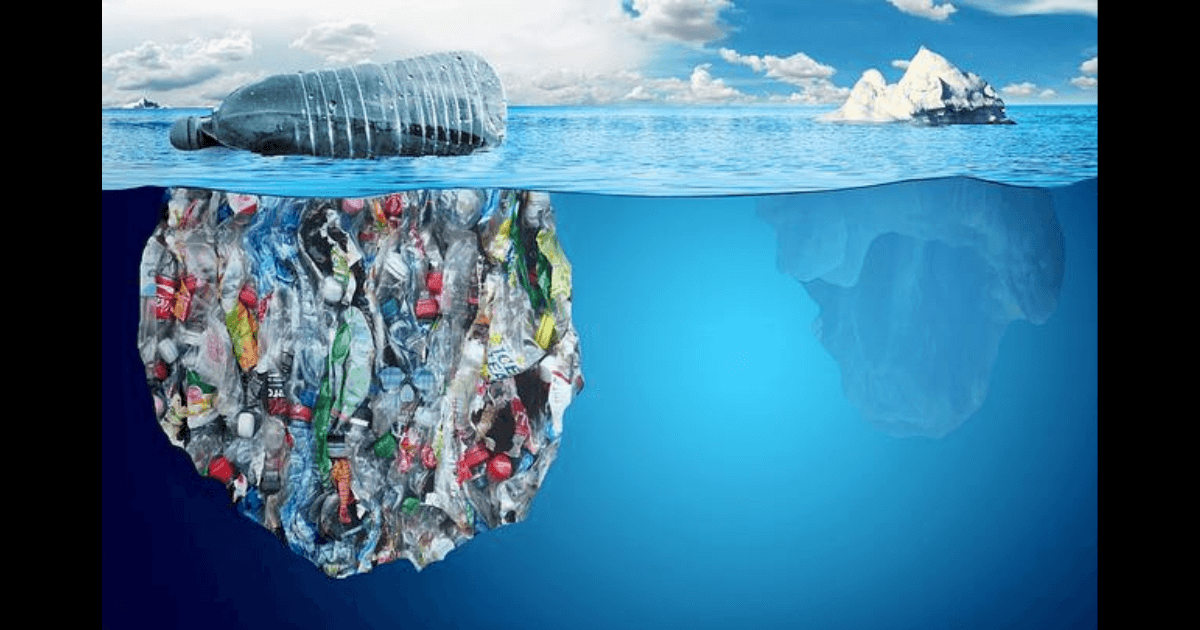Current statistics of plastics in oceans remark the dreadful situation of the marine ecosystem and the devastating health of our water bodies. Nearly 8 million pieces of plastic goes into our oceans each day. 381 million tonnes of plastic are produced yearly in the world (which is expected to double by 2034). The impact is such that 100% of baby turtles contain plastics in their stomachs. Even more than 1 million of seabirds and 1,00,000 of marine animals suffocate to death due to plastic pollution each year. Considering the recent scenarios of plastic pollution, it becomes even more essential to draw the attention of masses towards the healthier alternatives of plastic packaging which is one major cause of plastic waste that tends to remain in the biological environment for years.
Another such seaweed-based packaging enterprise that is motivated to reduce the plastic footprint of Indonesia which is also the world’s second biggest plastic waste contributor to oceans.
Some of the key start-ups have in pockets few wonderful initiatives replacing plastic packaging with edible or biodegradable alternatives. As weird as it sounds, who could have thought that one can consume the packaging along with the product it contains. Nature does it strikingly well since years in the form of outer covering of the fruits such as apple, grapes, berries etc. One of the emerging start-ups in the market, known for its product Ooho which is a 100% edible and biodegradable packaging for beverages such as water, juices, sports drink, alcohol etc. It is made up of a plant and seaweed based sustainable packaging material. Oohos have been used on a large scale at sporting events of London Marathon and Roland Garros (France) for hydration replacing the need of cups and bottles made of plastics. Not just the sporting events, Oohos have been successful alternatives at some of the festive and private events. Apart from Oohos, other products include tomato ketchup sachets, food boxes coating and films which comprises 100% biodegradable packaging and are home compostable. Another such seaweed-based packaging enterprise that is motivated to reduce the plastic footprint of Indonesia which is also the world’s second biggest plastic waste contributor to oceans. Keeping in mind the deprived condition of Indonesian seaweed farmers, the enterprise is aiding in providing better livelihood opportunities to them. The primary products include coffee and dry seasoning sachets, food wrap sachets which are completely edible and soap packaging which is totally biodegradable. One of the food and beverage retailers in Jakarta that sells ice creams ordered the Ello Jello edible cups from the enterprise which could be eaten by the customer afterwards.
Other significant innovations by yet another start-up include water-soluble films as packaging material which is made up of PVOH and hence dissolve completely upon contact with water or consumed by bacterial microorganisms after use. Products possess diverse applications in detergents, Agrochemicals, Personal care and cosmetics, Laundry bags, Countertops and Solid Surface, Transfer printing etc. This start-up pioneered product packaging material made from seaweed which is designed in such a way that it disappears after some time. These materials are made from regenerative, carbon capturing and ocean farmed seaweed to replace plastic on a large scale.
This can be regarded as an initiative at our level to strengthen our determination for reducing plastic waste and following paths of sustainable packaging, thus helping our aquatic ecosystem strive.
Besides the smaller initiatives that we adopt at our level to reduce plastic footprint like preferring paper substitutes over plastic ones for shopper bags, utilising fibre cups instead of plastic ones for household use, we also need to appreciate as well as promote these packaging substitutes and the pioneering start-ups that created it at large scale. This can be regarded as an initiative at our level to strengthen our determination for reducing plastic waste and following paths of sustainable packaging, thus helping our aquatic ecosystem strive. Not just to prevent the marine lives from suffering, but also to help create a better, healthier environment for mankind to live in alongside ensuring sustainability, directing people’s interest towards these edible range of food and beverage packaging becomes the need of the hour. Hence, instead of turning a blind eye to what the recent statistics demonstrate upon the future scenarios, we have to be in a position to actively take responsibility of what we leave behind for our upcoming generation.
Composed by: “Aakriti Sharma, an aspiring biotechnologist from Delhi who is an avid reader and often loves to pen down my thoughts on interesting scientific concepts.”

